Ukrainian civilians pay price as Russian attacks continue despite Trump’s peace attempts
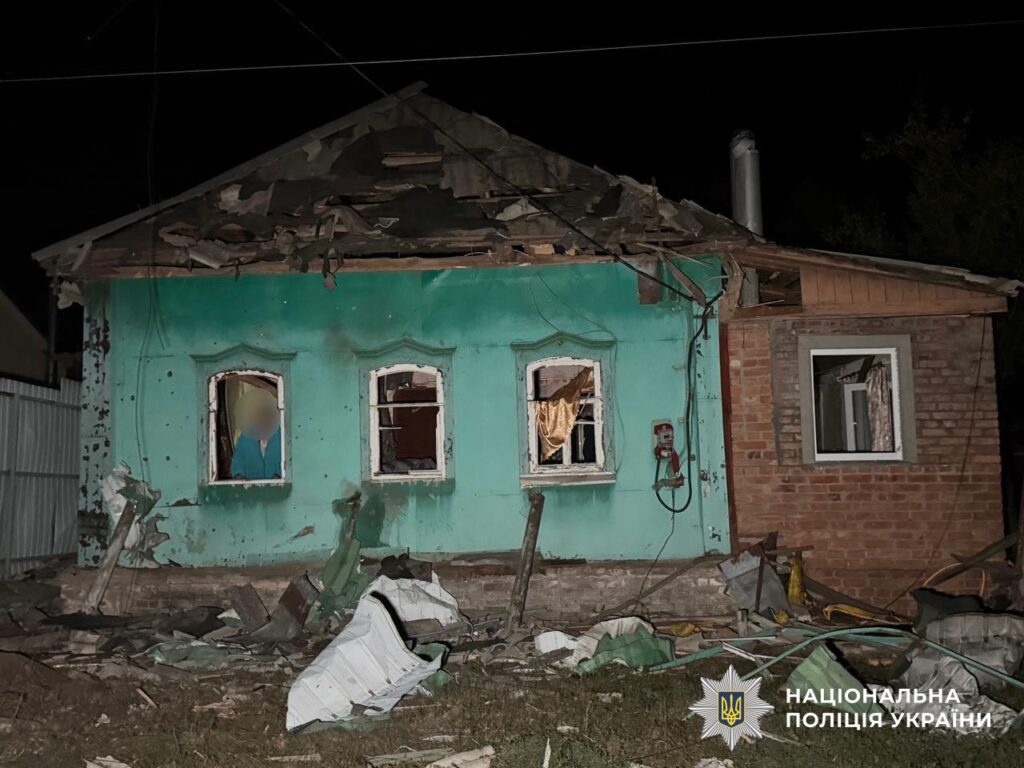
How serious is Russia about peace? While Donald Trump works to arrange a summit between Putin and Zelenskyy to push for a peace agreement, Russian forces launched another wave of attacks against Ukrainian civilians early 20 August morning.
Russian forces fired two Iskander-M ballistic missiles and Iranian-designed 93 Shahed drones across Ukraine, according to Ukrainian Air Force. Ukrainian air defense intercepted one missile and 62 drones, but strikes still hit 20 locations nationwide.
Energy infrastructure targeted in Odesa Oblast
Izmayil, a port city in southern Odesa Oblast, took direct strikes that damaged fuel and energy infrastructure, according to the Odesa Regional Prosecutor’s Office and State Emergency Service.
One person was injured and hospitalized, officials reported. The strikes sparked a massive fire that required 54 rescuers and 16 specialized vehicles to contain. Ukrainian Railways deployed a fire train, while National Guard fire units and local brigades joined the response.
The Izmayil District Prosecutor’s Office opened a war crimes investigation, while prosecutors and police are documenting damage at the scene.
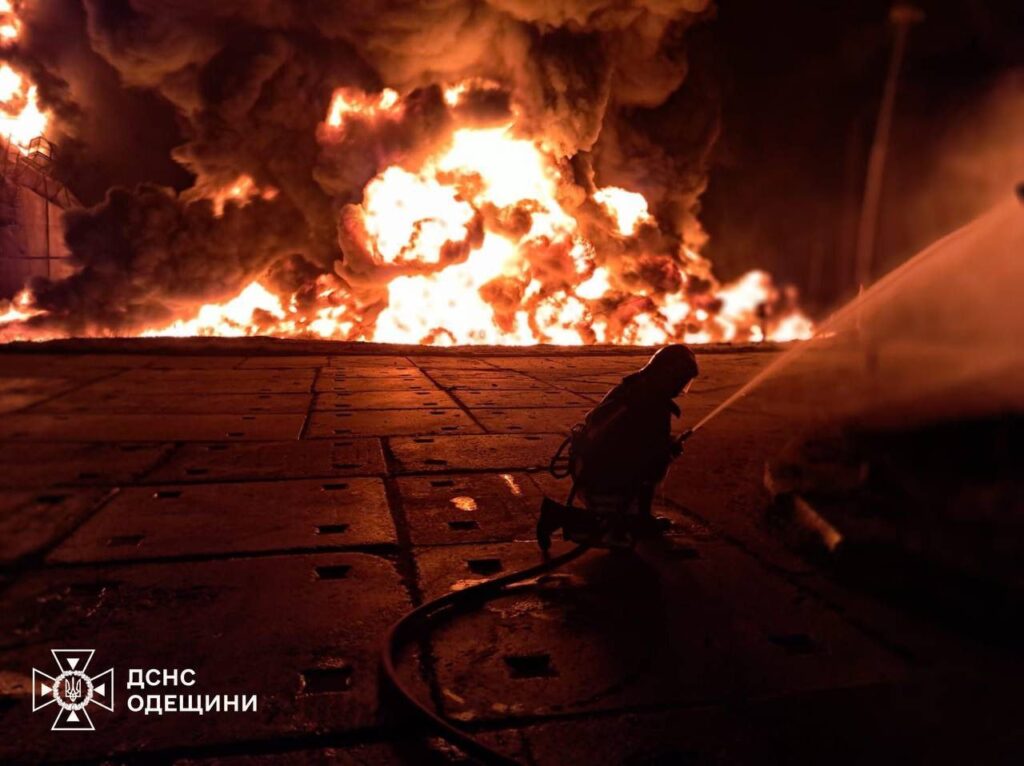
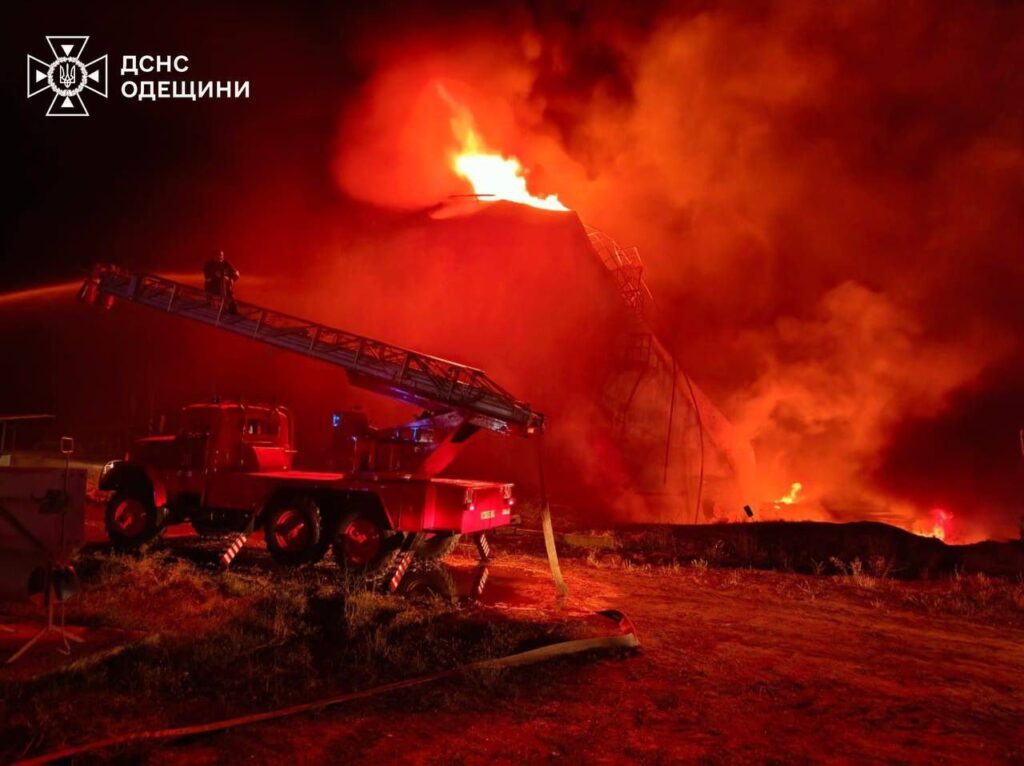
14 civilians injured in Sumy border Oblast
The northern city of Okhtyrka in northeastern Sumy Oblast faced a massive attack that injured 14 people, including three children. Multiple locations were struck simultaneously across the city.
The youngest victim is not even a year old yet. The boy has an acute stress reaction, but there is no threat to his life.
Emergency workers pulled a woman from rubble and transferred her to ambulance crews, according to regional authorities. The strikes damaged an apartment building, 13 private homes, an outbuilding, and a garage. Several cars were destroyed, and fires broke out across impact sites.
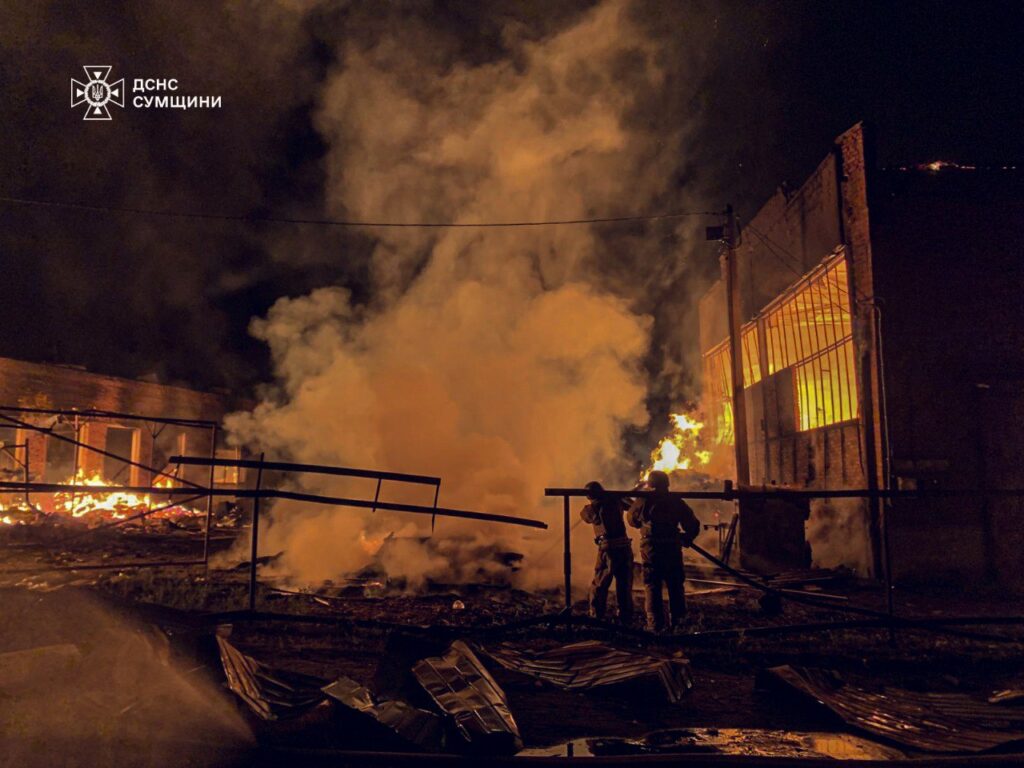
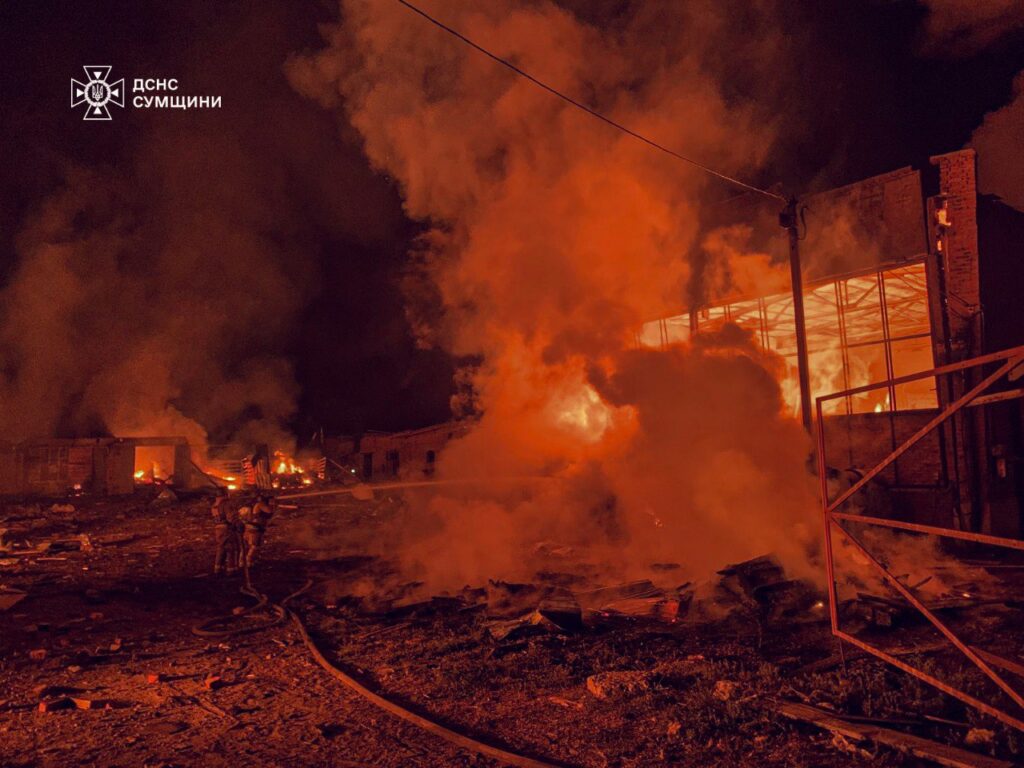
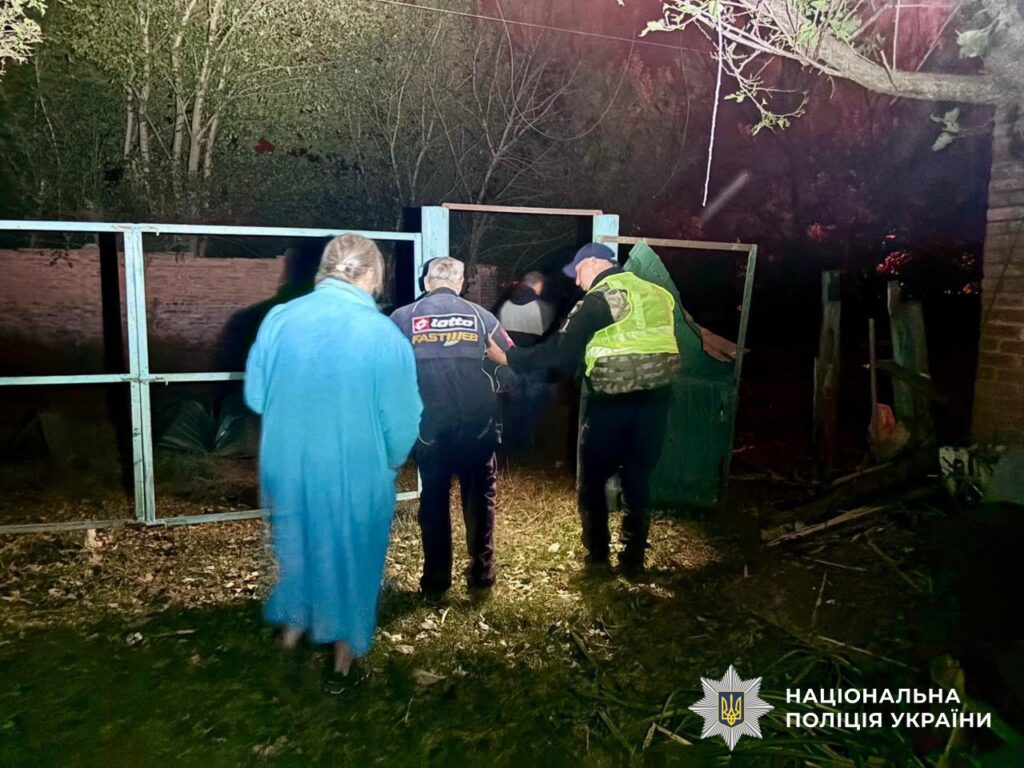
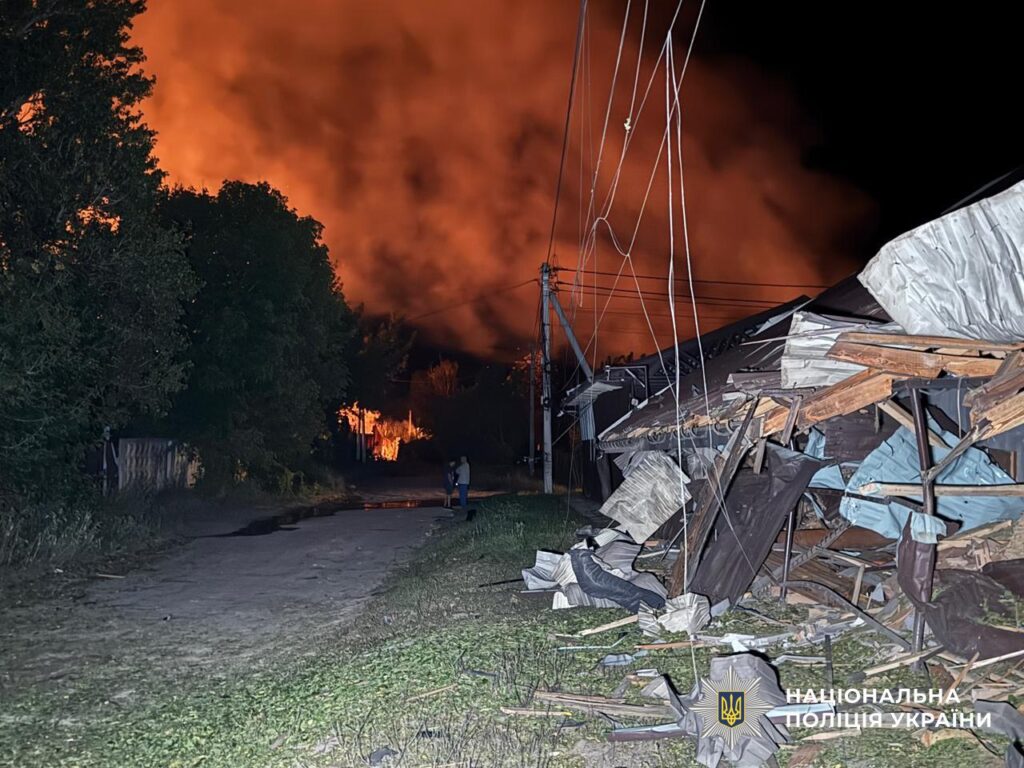
Rescue teams extinguished all fires, the State Emergency Service reported. The scale of damage suggests coordinated targeting of residential areas rather than military infrastructure.
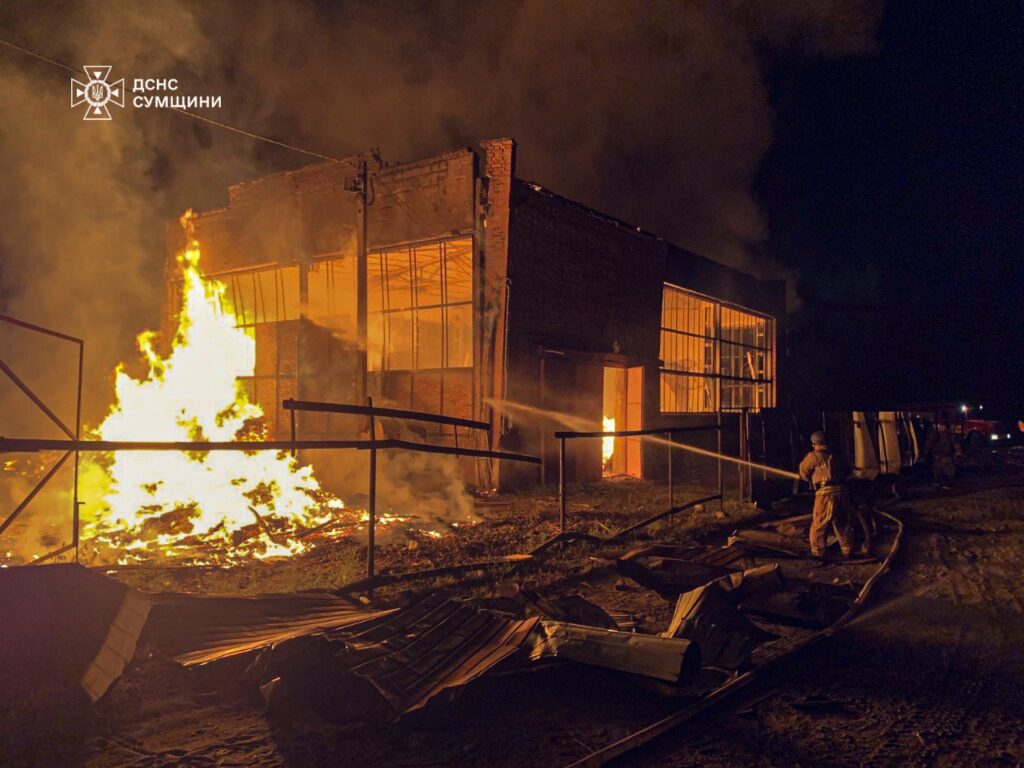
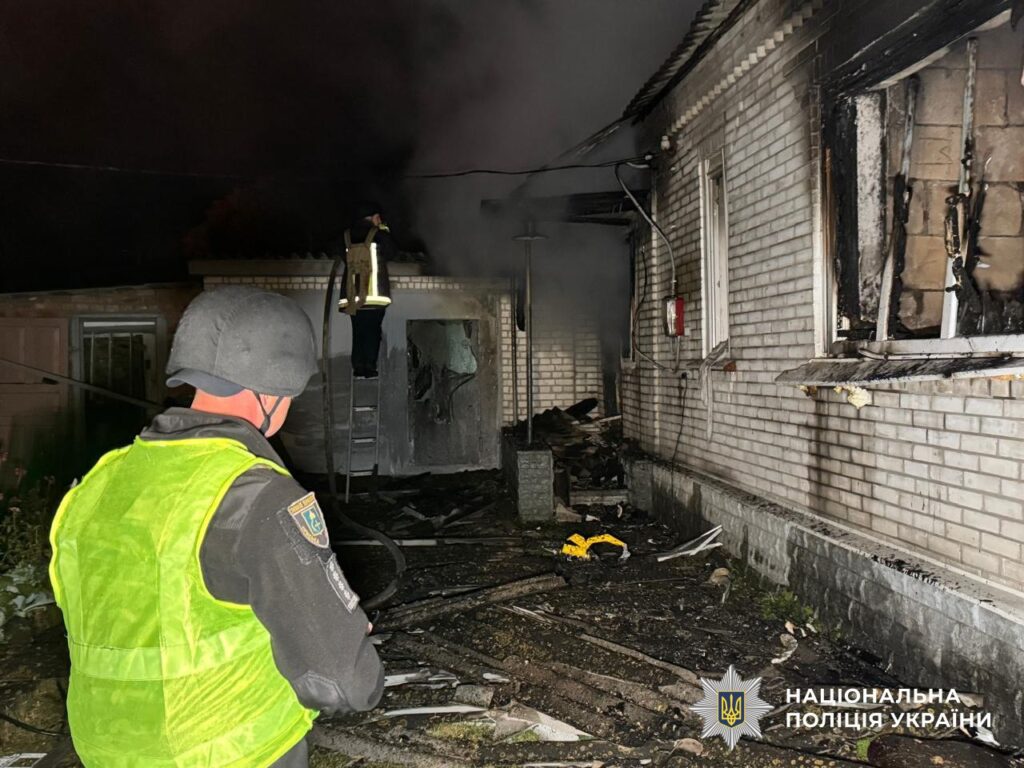
Read also
-
Ukraine cuts off Putin’s pipeline profits—Europe’s Druzba oil deliveries halted after yesterday’s drone assault
-
Live updates: Zelenskyy meets with Trump, European leaders to stop Russia’s mass killings in Ukraine
-
Death toll from Russian attack on residential area in Kharkiv rises to 5, including toddler and teenager